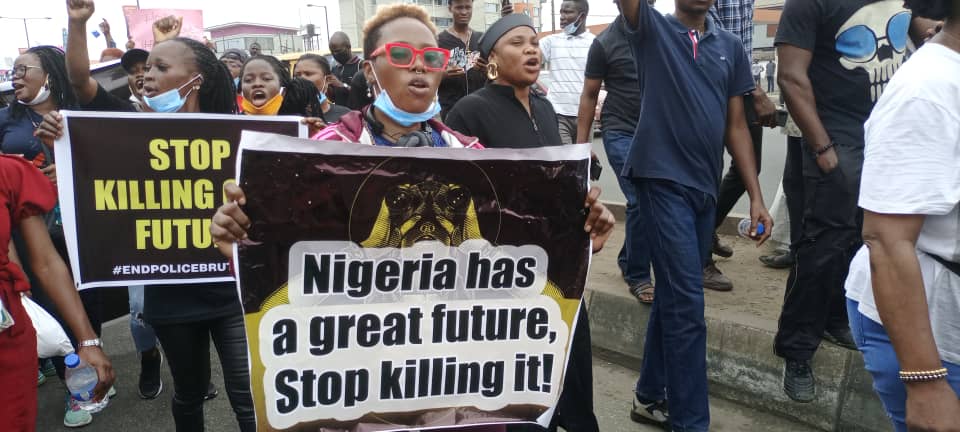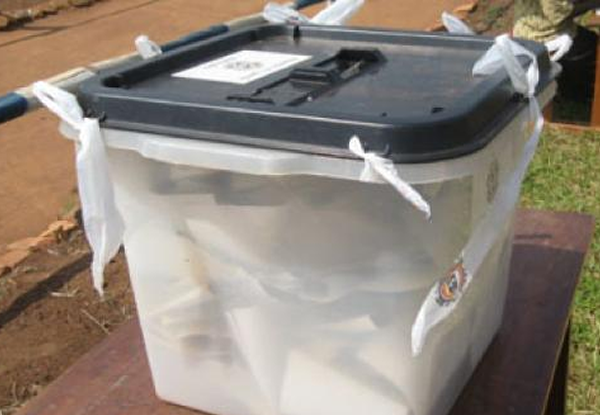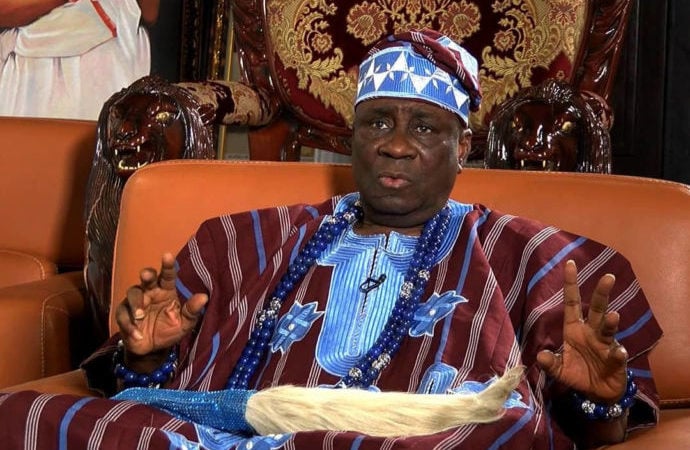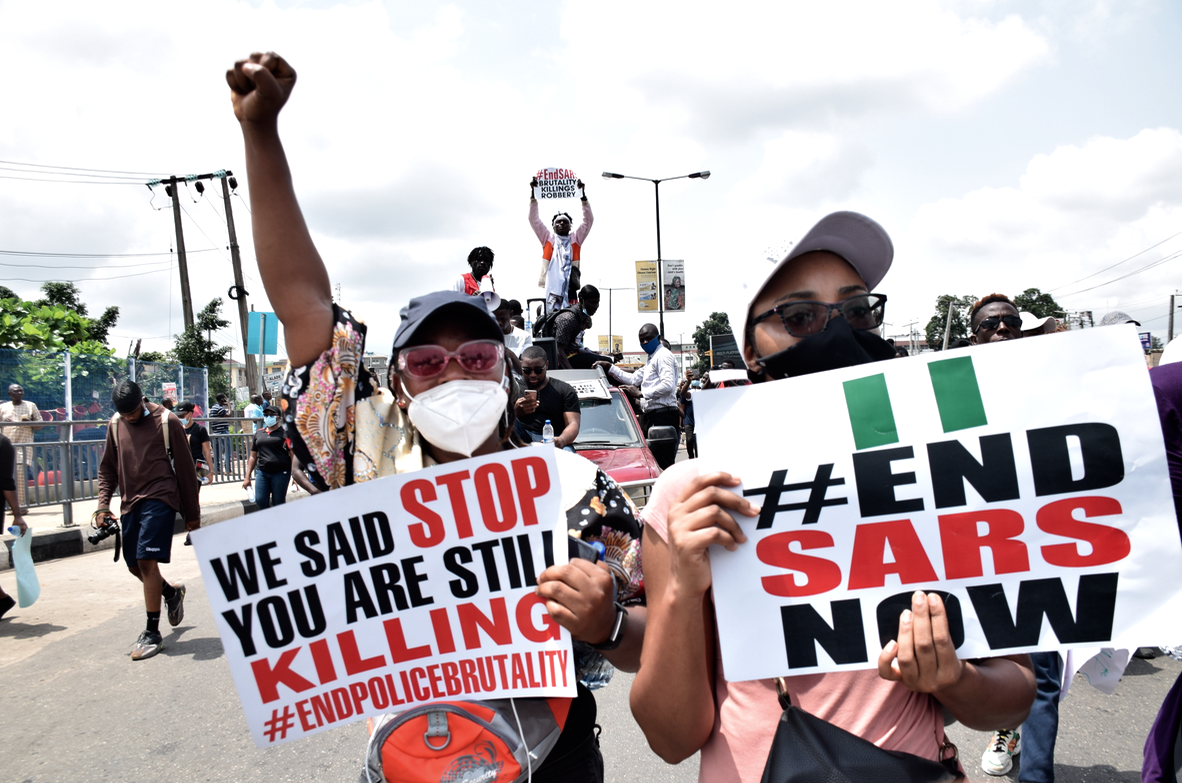BY CHIDINMA CHIKWE
The month of October marked Nigeria’s 60thindependence yet, while considerable progress has been made in the last 20 years in the area of women’s rights with the passage of laws like the Child Rights Act of 2003, the Violence Against Persons Prohibition (VAPP) Act of 2015, and more recently the Sexual Harassment Bill the existence of these laws has not been effectively converted to practice and implementation and a lot still needs to be done. There have been little efforts to popularize these laws among the Nigerian populace, particularly those at the grassroots. Hence, many individuals, especially Nigerian women and girls have little to no idea as to what the provisions of the law are in protecting their rights.
Regardless of the considerable progress that has been made, a lot more is left undone as this year marked 25 years since the landmark Beijing Platform for Action where 12 critical areas of concern for action were agreed on, yet, the patriarchal structures in the Nigerian society keeps these concerns from reaching their goals one of such areas is the hesitation of lawmakers in passing the Gender and Equal Opportunities (GEO) Bill which hopes to guarantee equal opportunities for women in political, social and economic life. The GEO Bill was first introduced to the National Assembly in 2010 and has been rejected in both legislative houses in 2016 and 2018 based on ‘contentious issues’ which were said to conflict with the constitution, religion and culture. The hold-back in passing this bill continues to show how patriarchy sees women’s leadership as a threat. Today, Nigeria ranks 128 out of 153 countries on the Global Gender Gap Report 2020 with only 7 female Ministers in Nigeria out of 43 appointees and only constitute 43% of the total elected officials in Nigeria despite the National Gender Policy’s aim at getting 35% of women into elective positions (which has yet to be implemented since 2006).
In the last two weeks, however, women—young women have proved to be the missing link in Nigeria’s leadership. We saw women organise, fundraise and support the #EndSARS protests in different ways; mothers took to the streets to ‘soro soke’—speak out for their children and Millennials and Gen Z alike experienced a political awakening. Unfortunately, while many Nigerians praised the various roles women on the frontlines of these protests played, it is still a widely held belief that women are important so long as they are not seen or heard, ambitious women as ‘prostitutes’ and women are only good for ‘the kitchen and the other room’. For many Nigerians, they are agreeable so long as women are doing every other thing aside fighting for their survival and these show how deep the patriarchal system runs aided by culture and religion.
Advertisement
Interestingly, studies have shown that women are quick to put their lives and agendas on the backburner to fight for others—their husbands, their families, their children—the Feminist Coalition reminded us of that in their 22nd October Statement. According to a 2010 research by OECD Development Assistance Committee (DAC), “when women take part in and control assets, development increases and poverties and inequalities are reduced. Children also have better options for survival and education. ”Unfortunately, whenever the tables turn and women decide to put themselves first, they are suddenly selfish, crazy or taking part in—a gender-war—this has become the go-to word for individuals who are bent on their bias, have refused to unlearn, relearn and examine their privilege.
The new mantra of the Nigerian youth to ‘soro soke’ should very well include when women choose to stand for their rights. We need to re-evaluate our bias and do away with double standards because the new Nigeria we seek is one where there is gender parity. Of importance also is carrying women and girls at the grassroots along by simplifying existing laws from its legal jargon to plain English for the understanding of the majority, translating these laws into pidgin English and local dialects (beyond the three major languages) and for this to be successful, local government leadership, traditional rulers, faith leaders and all relevant stakeholders must contribute to making these laws popular among the grassroots. The concerted efforts of civil society organisation must take into cognisance the peculiarity of individuals and communities in coming up effective modes of communication in getting these laws across. While Nigerian women continue to walk towards equal participation, it is most important to hold lawmakers accountable and one way this can be done is for women to use their democratic power in electing individuals who would represent their realities and embrace progressive ideas at high-levels of decision making in the country and across industries.
Chikwe is a gender activist and programmes manager at Hipcity Innovation Centre
Advertisement
Views expressed by contributors are strictly personal and not of TheCable.
Add a comment






